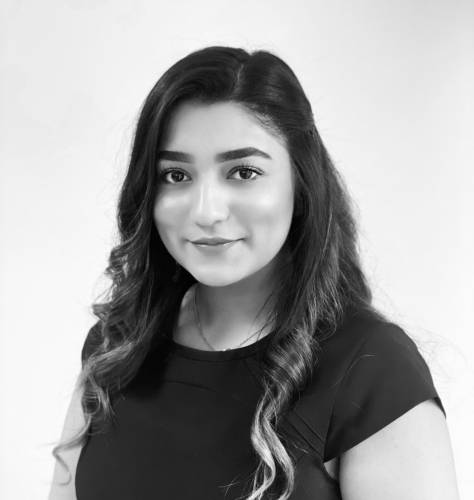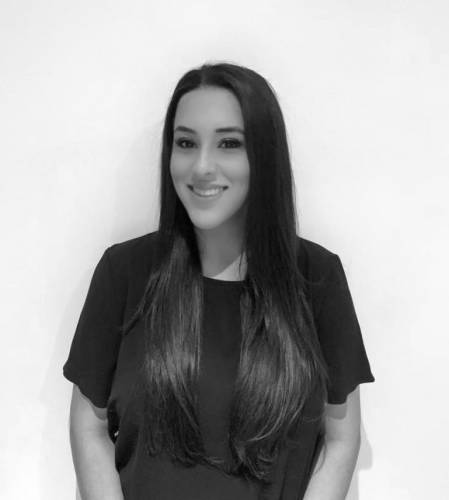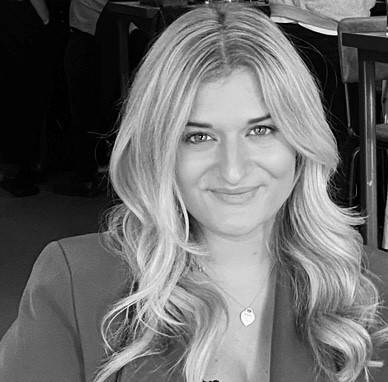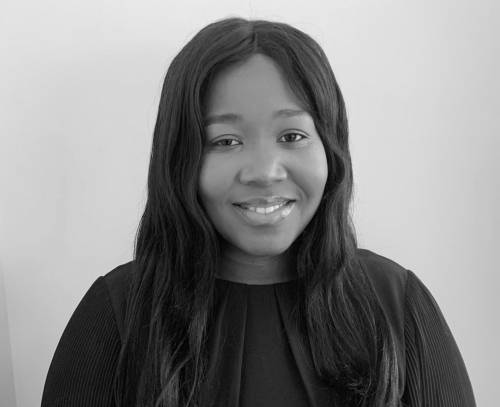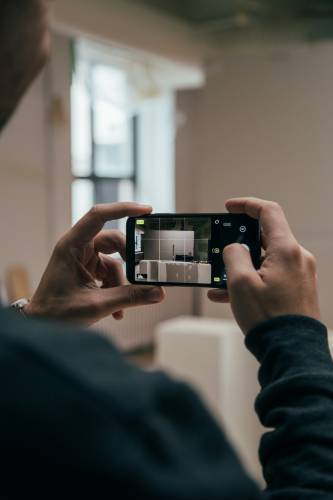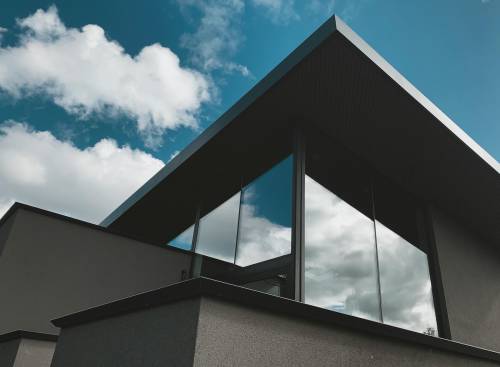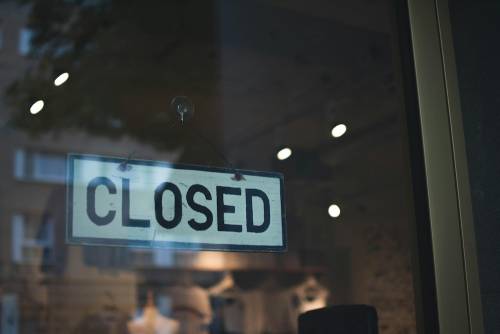Raising the Bar: A Beginner’s Guide to Licensing
You have found the perfect spot for a bustling bar, a cosy restaurant, a nightclub or a live music venue. Congratulations! However, before you can pop a cork and open those doors, you must first clear a big and non-negotiable hurdle: securing your Premises Licence.
This is a simple guide to the Licensing Act 2003 (which covers everything from opening hours to how loud music can be) and explains what you need to do to apply for a new Premises Licence.
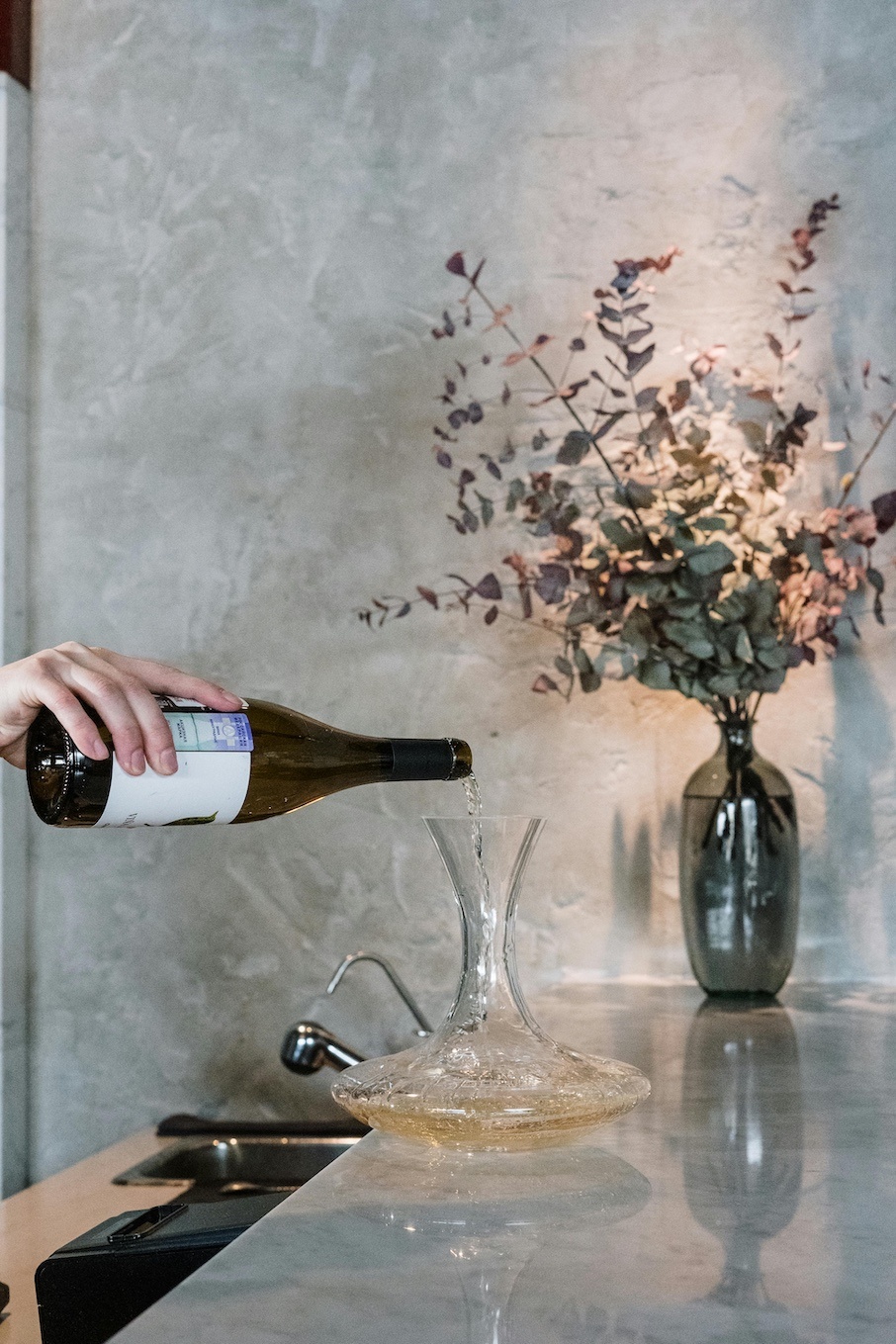
The Three Licences You Need to Know
The entire licensing system boils down to three core permissions.
1. The Premises Licence
This is the licence for the physical building itself. It allows that property to conduct "licensable activities." The Premises Licence covers:
- Selling/Supplying Alcohol.
- Regulated Entertainment (live music, films, plays, indoor sports).
- Late-Night Refreshment (selling hot food or drink between 11 PM and 5 AM).
A licence is granted by the local council and lasts indefinitely, unless you breach its conditions (in which case the council has powers to review, vary, and ultimately, revoke any Premises Licence). Once a venue has a Premises Licence, it can be transferred to a new owner. It does require annual renewal with the local authority. If not renewed, it will lapse.
2. The Personal Licence
If you want to sell alcohol, your Premises Licence must name a Designated Premises Supervisor (DPS). This person must hold a Personal Licence.
The DPS is the one person who is legally responsible for the lawful sale of alcohol on the premises. To obtain a Personal Licence, you need to be over 18 and pass a simple qualification, such as the Level 2 Award for Personal Licence Holders.
3. The Temporary Event Notice (TEN)
Anyone planning a one-off party, a small festival, or a special late-night event (if it is a “small” event (i.e. under 500 people), can apply for a TEN. It is a relatively quick process to obtain this permission for short-term activities. Both the council and the police must be notified and are given a chance to object.
The Five Rules: The Licensing Objectives
When you apply for a licence, for the local council it is not just a “rubber stamping” exercise. They decide all applications based on five core principles. Your application must prove you can meet them all and this is where applications for Premises Licences, if not done properly, often fail.
The five licensing objectives are:
- Prevention of Crime and Disorder – The operations must actively prevent crime and disorder in the premises and promote a safe environment for its customers. This also includes preventing fights, theft, and nuisance behaviour by customers when they leave the premises, and keeping the immediate vicinity clear of alcohol-related crime involving those customers.
- Public Safety – The premises must be safe for its customers (e.g., fire procedures, safe capacity numbers and clear exits).
- Prevention of Public Nuisance – The operator must also actively manage things like noise and litter, to ensure the venue doesn't become a public nuisance.
- Protection of Children from Harm – There must be a clear plan to prevent underage drinking and ensure children are not exposed to harm.
- Protection of Public Health – All applications must show that they will not contribute to wider public health issues (for example, by adding to an already high density of licensed venues).
How Laurus’ Licensing Team can help you
Licensing is highly technical and attempting it without legal support, is a high-risk move. A single error can cause costly delays or completely derail your project. Here is just some of the work we carry out for you:
1. Get the Application Right
- Audit any current Premises Licence to see if it supports your vision. If your proposed hours or activities require changes, we will recommend the variation route to follow.
- Prepare both the formal application (including advice on the required floor plan) and the detailed Operating Schedule (the “rulebook” for meeting the five licensing objectives).
- File the application correctly, serving it on all the correct parties and on time, to avoid delays.
- Advise or arrange for the site notice to be correctly displayed at the premises and manage the local advertisement to meet the strict parameters of public notification.
2. Manage the "Responsible Authorities"
When the application is made, the local police, fire service, environmental health, and others (the "Responsible Authorities") will review it. If they perceive a potential problem, they can object. Laurus will negotiate with these authorities before they formally object.
We will also help you to agree on specific conditions for your licence which may need to be negotiated with a responsible authority in exchange for them removing their objection (e.g., installing CCTV or hiring door staff). This keeps your application moving forward.
3. Represent you at a Sub-Committee
If a valid objection is lodged and cannot be negotiated, typically by the police or local residents, the application is sent to a formal hearing before the council's Licensing Sub-Committee.
As your lawyers, we (or counsel), will expertly present your case, managing all questions from the Committee, with the ultimate aim of securing your Premises Licence.
4. After the Sub-Committee
Once your Premises Licence is granted, it will be issued by the council, but this can take some weeks (albeit it is valid from the moment of the decision). We will check the document for any errors to ensure it contains everything that was agreed at the negotiation stage and during the hearing itself. We then advise you on how to display the Premises Licence summary.
However, in the event that the application is refused, this is not the end of the road. We will immediately review the decision, explain your options, and guide you through the appeals process at the Magistrates' Court.
Your Next Steps: Securing a Premises Licence
If you would like to speak to us about making a new Premises Licence application, or have any other Licensing query, please call Maria Guida on 020 4558 3898, email at maria,guida@lauruslaw.co.uk, or visit our Licensing Law Services page to learn more about how we can support you.
Disclaimer: This article is for general guidance only and does not constitute legal advice. You should not rely on this information as a substitute for seeking professional legal advice.




